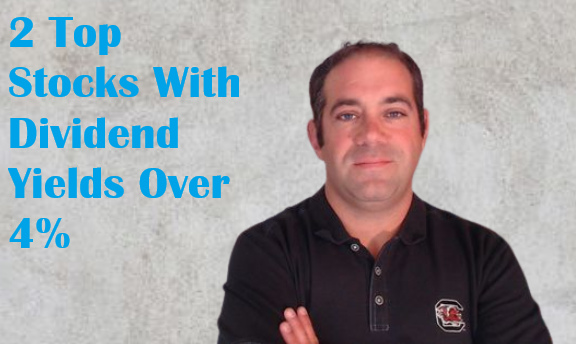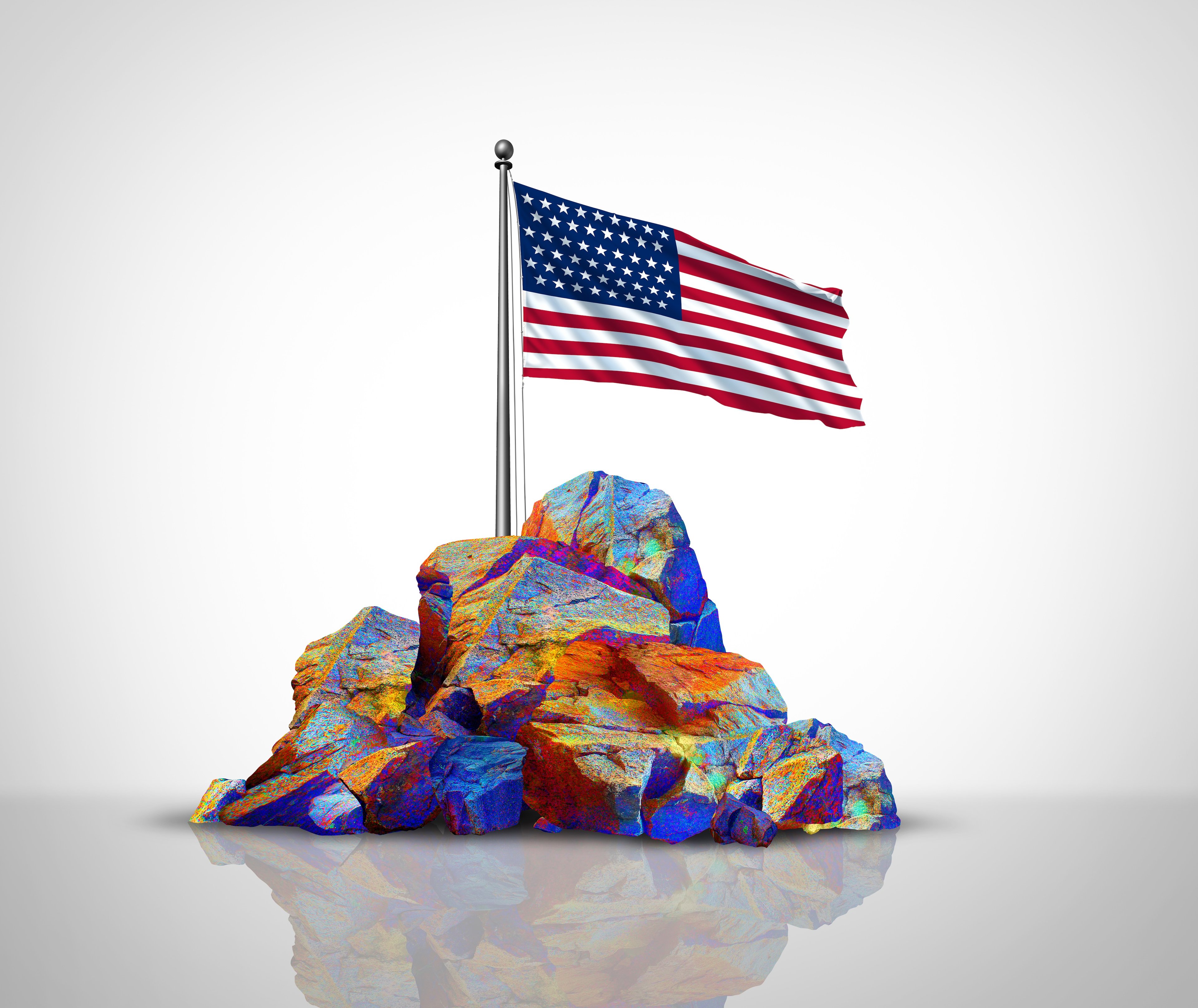The U.S-China trade war is affecting markets around the world. Motley Fool analysts Nick Sciple and Jim Mueller forecast how U.S.-China tariffs will play out over the long term and what prospects there are for the trade conflict to resolved.
Nick and Jim also discuss how trade deals and cooperation between the United States and its other trading partners might bring China back to the negotiating table. Finally, they break down how investors should think about tariffs when making investment decisions and discuss how tariffs may affect retail prices for consumers. All that on this segment of Industry Focus: Energy.
A full transcript follows the video.
This video was recorded on Sept. 27, 2018.
Nick Sciple: We've talked about the macro environment here. If you're an investor in any of these companies affected by tariffs, how should you think about these things and allocating your portfolio? Is this a buying opportunity? Is this something to avoid until things play out? What is your assessment of that, Jim?
Jim Mueller: Yeah, let's bring it back to the investors. [laughs] We're investing advice, right?
Sciple: Yes, sir!
Mueller: In the short or medium term, you can take advantage of some of this. You can buy shares of companies that will benefit from tariffs. I've mentioned Nucor, maybe U.S. Steel. Whirlpool, of all people, might be a decent investment. Some of the things on the list are finished appliances, like finished refrigerators and finished freezers. In fact, Whirlpool made a petition to the government not to exclude something, but to add something.
I can't remember what it is off the top of my head, though. Anyway, you could move some of your money to some of these companies. You might lower your exposure to some of the other companies, such as the automakers, or big retail, like Walmart or Target or somebody like that.
But in the long term, companies will adjust somehow. That's how they stay in business. They adjust to changing circumstances all the time. I would expect profit margins to come back down a little bit if they have to eat those costs. I might also expect inflation to tick up a little bit if they have to pass on those costs. For the long term, I wouldn't be making massive changes inside my portfolio, but a tweak here and a tweak there, probably.
Sciple: Those are definitely things to take into account. The last thing I want to say for investors is, the prices that you're going to pay at retail as a result of these tariffs are going to go up. Even if you're not going to change your investing allocations based on this -- and you probably shouldn't. When we're thinking as true long-term investors, five, 10 years down the line, these businesses, while they're going to be affected in the near term, it's not going to fundamentally change their investing thesis.
I do want to encourage our listeners and investors to be prepared to see a little bit of a bump in the prices you're paying at retail. I know Walmart mentioned that you might see as much as a 20% bump up in what you're paying for some retail products as a result of this. You may want to take a little bit of that into account when it comes to your financial planning. Maybe give yourself a little bit more wiggle room when it comes to your saving plan to account for that. But when it comes to long-term investing, your theses will not change as a result of this. It's just something to take into account, and something that's going to play out over months going forward.





